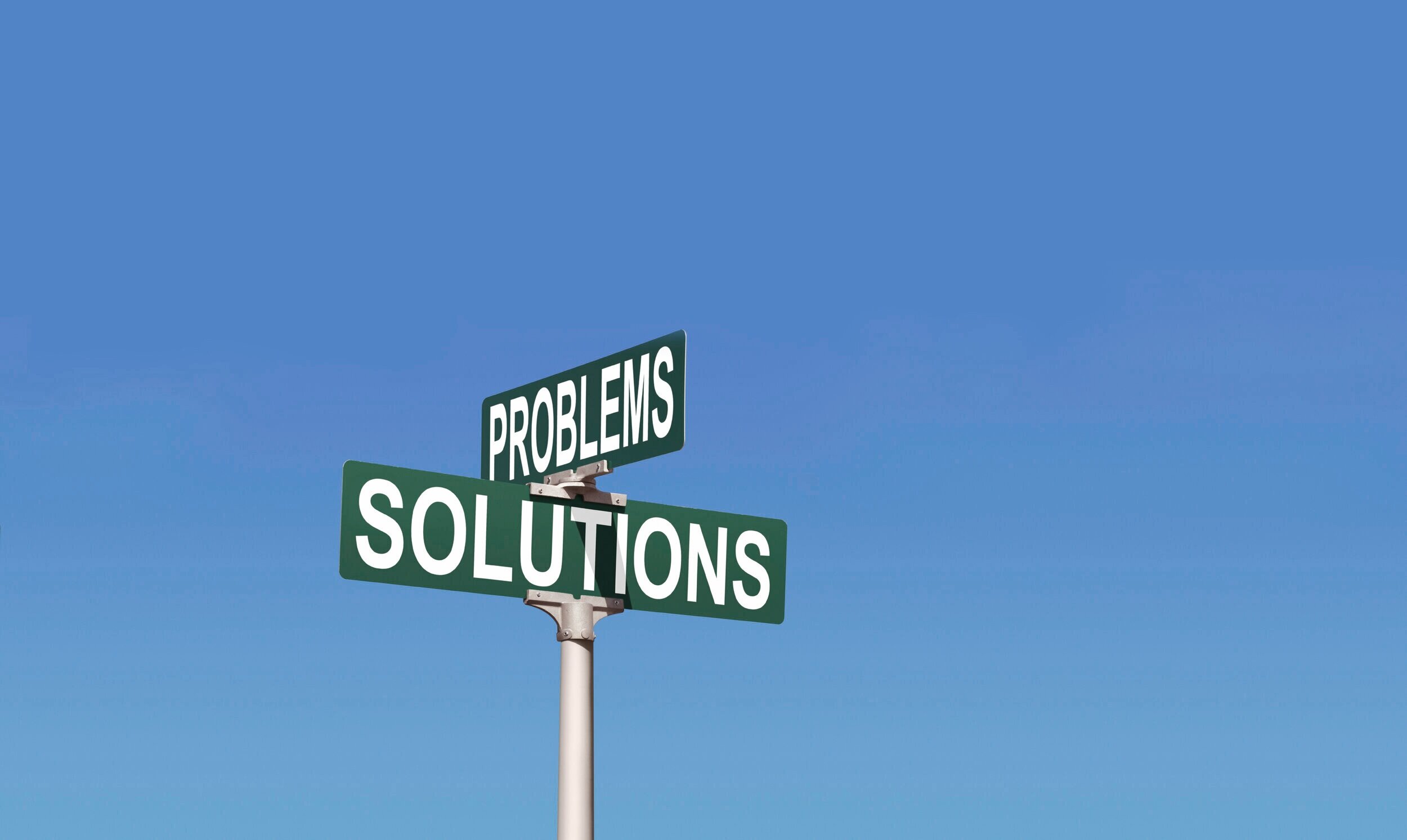
What are the signs of Financial Trouble?
If you are wondering whether you may need help with your finances, here are some warning signs to look for. The sooner you recognize the signs of financial trouble, the more options you may have to resolving your debt situation.
Skipping payments on one card to pay another
Do you take cash advances to pay other cards and living expenses?
You avoid calls from creditors
Creditors, bill collectors or collection agencies are calling you to demand payment for your overdue bills.
Living Paycheck to Paycheck
Do you have little to no savings from each paycheck?
Misuse of Credit Cards
Do you use your credit cards as a source for financing rather than convenience?
Minimum payments on credit cards
Only make the minimum payment on the balance of your cards?
Utilities are being cut off
Are you falling behind on essential living expenses such as gas, power, cable, internet and telephone?
Asking family & friends for money
Are you asking friends and family for loans that you cannot repay?
Your health is suffering
Financial Stress not only affects your mental health, but your overall health, work, and personal relationships.
Types of Debt
There are two basic types of debt : Secured debt and Unsecured debt.
Understanding the difference between them will help determine the most effective way to manage your debt.
SECURED DEBT
Secured debt is a debt that is secured by some form of collateral such as an asset or property. (ie: your residence, car, rv, etc. ) that you use as a security to the lender to obtain the loan.
The most common forms of secured mortgages debts or loans include; mortgage, vehicles, and home equity loans where the principle property is secured.
UNSECURED DEBT
Unsecured debt is a debt or loan that is not secured by any form of asset. They pose a higher risk to lenders as they do not hold any security. The most common forms of unsecured debts or loans would include; Credit card, loans, bank overdrafts, and lines of credit are unsecured, as well as services such as power, gas, cable , internet, cellular telephone and medical and dental services. Also, Government services for which you are the required to pay income tax.

Discover the feeling of being Debt Free.
Common Debt
Vehicle Loans
Vehicle loans are a secured debt most often financed under a Lease Agreement or a Sales Contract. When payments are in arrears, the lender will often pursue a collection for this debt. If the vehicle loan is financed under a lease, the vehicle is often seized and sold, so that the proceeds of the sale will go towards the amount you owe. Any remaining debt would still be owing.
Student Loans
Many students cannot afford to pay for secondary schooling without the assistance of a Government Student Loan. A post-secondary education is a valuable investment for your future career however, finding employment in the Atlantic provinces and in your area of study can be quite challenging, making it difficult to pay down a loan.
Student loans are subject to special treatment under the Bankruptcy & Insolvency Act in Canada. To learn more about how this may affect you, please contact us.
Bank Loans
Bank loans can be secured or unsecured loans that are to be repaid by the borrower with interest on or before a fixed maturity date normally between two to five years (longer for mortgages). Banks will often offer lower interest rates based on the individual’s credit rating, employment, income and number of years with the bank. Bank loans would include: Mortgages (secured), vehicle loans(secured), personal loans and lines of credit(can be secured or unsecured).
Credit Card Debt
Credit Card debt is the most common type of debt that can get out of control. Although credit cards should be used for convenience only, many rely on them to cover expenses for basic necessities—especially after an illness, or job loss. This can result in high balances and high interest rates.
When the credit card balance is low, it is often easy to make the minimum payments, however, as the balance grows, the more unmanageable it becomes.
Income Tax Debt
The Canada Revenue Agency (“CRA”) have extensive powers to recover amounts owed for unpaid income tax, and for many Canadians, the ability to pay large federal government taxes can snowball each year. Some reasons an individual may owe the CRA for unpaid income tax include:
Self-employed with no income tax being deducted
Working more than one job, with insufficient income tax being deducted by the employers
Pensioners with insufficient income tax being deducted from their pension incomes
RRSPs that have been redeemed without having proper income tax withdrawn.
To help protect you from CRA seizing and selling your assets, please speak to a Licensed Insolvency Trustee. Contact us for assistance.
Child Support
Child support is the financial obligation of a non-custodial parent to provide financial support to cover a portion of the costs of raising his or her child. Federal Child Support Guidelines calculate the monthly payment amount you are required to pay. After a separation or divorce, many single parents struggle financially with child support payments, along with other cost of living payments that were once shared. Child support arrears are not eliminated in a debt plan, however, you should discuss this with a Licensed Insolvency Trustee when reviewing your options.
